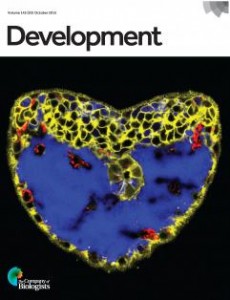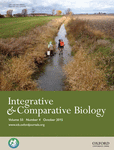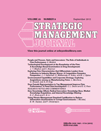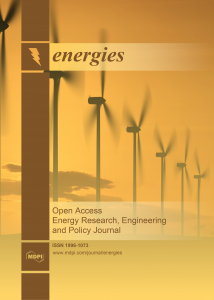 A bone researcher manipulated data in a 2011 JAMA study about an inexpensive treatment for osteoporosis. That’s the conclusion of an investigation at the researcher’s former workplace, the Women’s College Hospital in Toronto, the Toronto Star reports.
A bone researcher manipulated data in a 2011 JAMA study about an inexpensive treatment for osteoporosis. That’s the conclusion of an investigation at the researcher’s former workplace, the Women’s College Hospital in Toronto, the Toronto Star reports.
The study — led and manipulated by Sophie Jamal — followed 243 women over two years, as they applied nitroglycerin ointment once a day. The ointment is currently used to prevent chest pain and treat anal fissure pain by relaxing blood vessels; Jamal’s study concluded it could help patients with osteoporosis, too:
Among postmenopausal women, nitroglycerin ointment modestly increased [bone mineral density] and decreased bone resorption.
But even the modest effect was too good to be true. Continue reading Bone researcher manipulated data in JAMA study, says investigation
 We’ve uncovered a “
We’ve uncovered a “


 A
A  The
The  An electrical engineering
An electrical engineering 
